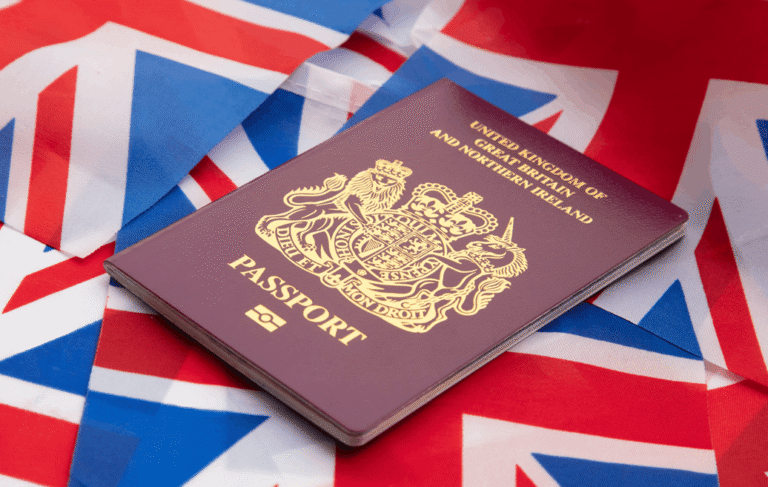Standing Out in the Global Talent Pool: Insider Advice for the UK Visa Route

Introduction
In an increasingly competitive world where countries vie for innovation and expertise, the UK Global Talent Visa has become one of the most prestigious routes for exceptional individuals seeking to live and work in Britain. Designed to attract leaders and promising talents across sectors such as technology, science, arts, and academia, it offers flexibility, recognition, and a clear path to settlement. However, with rising global interest, standing out in the application process is no simple task. Here’s how to make your profile stand out.
What Endorsing Bodies Value – Impact And Potential
Understanding what the Global Talent Visa really looks for is essential. The UK Global Talent route is not just about qualifications; it’s about impact and potential. Endorsing bodies such as Tech Nation (for digital technology), UK Research and Innovation (for science), and Arts Council England (for the arts) assess applicants on evidence of achievement, innovation, and leadership. To stand out, focus on tangible results such as products built, research published, or performances recognised internationally. Highlight measurable outcomes like funding secured, user growth, citations, or awards. Avoid simply listing responsibilities and instead describe how your work made a difference in the chosen field.
Craft A Strategic, Forward-Looking Personal Statement
Your personal statement is not a biography; rather, it’s a strategic narrative that demonstrates how your past achievements connect logically to your future plans in the UK. Introduce yourself and your field of expertise, outline your core achievements, and explain what sets you apart in your profession. Then, present your vision for why the UK ecosystem benefits from your presence and describe how you will continue to innovate, mentor, or create impact once you are here. Make the statement forward-looking and authentic, as reviewers are drawn to genuine purpose and clarity of ambition.
Select And Present High-Quality Evidence
Selecting the right evidence and presenting it professionally is another crucial step. Each endorsement application allows you to submit up to ten pieces of evidence, and quality always outweighs quantity. Strong evidence includes media recognition from credible outlets, letters confirming your role in significant projects, proof of awards, grants, or product launches, and records of public speaking engagements or thought leadership activities. Presentation matters as each document should clearly explain the context, your role, and its impact.
Choose Referees Who Strengthen Your Narrative
Choosing referees who strengthen your narrative can make a decisive difference. Reference letters can make or break an application. Avoid generic endorsements from big names; instead, seek specific, credible, and contextually relevant voices. Your referees should have international recognition in your field and clearly describe how they know your work and its impact. They should avoid empty praise and instead include concrete examples of your influence and achievements. A well-written letter reads like an independent testimony, not a favour.
Demonstrate Ongoing Engagement And Leadership
Demonstrating ongoing engagement and leadership is also vital. Global Talent assessors look for more than isolated successes – they want evidence of continuous professional influence, whether through mentorship, community involvement, or thought leadership. This can be shown through speaking at conferences or workshops, publishing articles or research papers, and supporting startups, students, or professional networks. The goal is to show that you are not only successful but also actively contributing to the growth of your field.
Conclusion
To sum up, the Global Talent Visa is a recognition of global excellence. What makes a successful applicant is not simply brilliance, but the ability to prove and articulate it through evidence, clarity, and credibility. By understanding what the endorsing bodies value, presenting a coherent narrative, and showcasing your leadership potential, you can turn your application from ordinary to outstanding.





